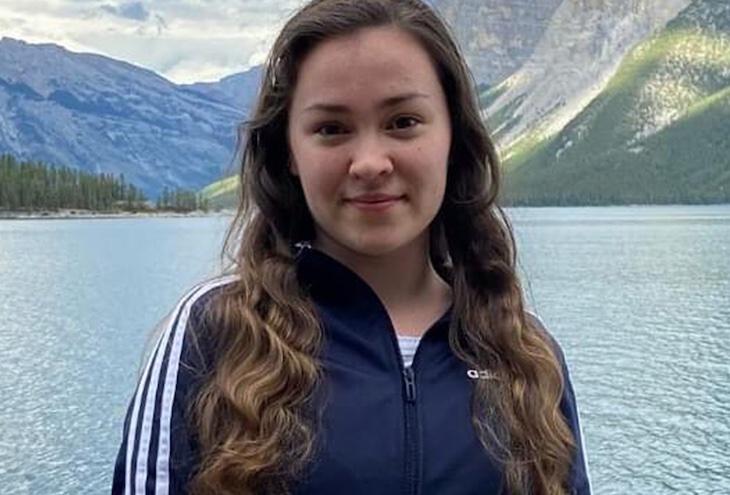Sometimes you have to go outside yourself to find the things closest to you. While I’ve always enjoyed science — Star Trek is the best! — it’s been more of a growing awareness for me. I’m super curious about the intricate details of how biological systems work, and how this can be leveraged for good.
I am currently an MS student, transferring into a PhD program at the University of Calgary. My focus is plant biochemistry. I was born and raised in Calgary, known as Mohkinstsis (Blackfoot for “elbow”) on Treaty 7 land, in the foothills of the Rocky Mountains with Chinook winds that warm winter days by up to 20 degrees.
I didn’t make it into my undergraduate program of choice right away, as the competitive admission average was high. I worked hard to raise my GPA and transferred into biochemistry in my third year. Like many new university students, I learned to budget time and to prioritize. I couldn’t always hand in work I was completely happy with, but I learned endurance.
The first biochemistry techniques class was an insightful introduction to the subject with the hands-on component of learning I enjoy most. I discovered my preference for DNA analysis techniques versus protein analysis techniques. I also took a medicinal plant biochemistry class in my final semester, which piqued a natural connection to Indigenous ways of knowing.
Like so many Indigenous people, my grandmother worked hard to come away from her experience in Indian residential school. Though she passed away before I was born, I know her presence is an inextricable part of me. My parents carried this on by ensuring that I was never ashamed of our heritage. I think I have a good sense of how diversity strengthens your outlook.
My university experience has deepened my relationship to my Indigenous culture. There are reminders every day that Indigenous people are underrepresented in science. I am working to make a difference here, inside and outside the lab — finding what I am good at and using that to give back to others.
I tend to gravitate toward opportunities that promote the participation of Indigenous students in STEM. Currently, I am vice chair for the Equity, Diversity, Inclusion, and Accessibility (EDIA) Committee as part of our Graduate Students Association as well as a peer mentor for first-in-family university students. I’m also the Senior Canadian National Representative for AISES. I became acquainted with AISES through my work with the Calgary Indigenous STEAM Students Association (CISSA). It quickly became clear that AISES was something I wanted to become a part of. AISES makes access to a wider breadth and depth of connections possible for students and professionals alike.
As an elected rep, meeting others who share similar experiences is grounding and inspiring. It’s important that Indigenous students see themselves in the places they learn. Meeting with people like you helps to develop your individual strengths, your specialty, and science in general. There is value in the science that Indigenous peoples have always known.
It’s easy to see why events like the AISES National Conference are well received and attended. The schedule alone has so much to offer for every level — from research presentations to career fairs and workshops (not to mention the artisan marketplace!). I am encouraged by the ideas shared with a steadfast commitment to the value of gathering. Meeting other delegates to share experiences and stories helps me feel a deeper sense of connection.
I’ve met, worked with, and learned alongside some amazing people, inside and apart from the University of Calgary. All their contributions, big or small, toward creating awareness and innovation while understanding real barriers to success generate the kind of learning I’m really proud of. While attaining a PhD and contributing unique research in my field to someday teaching university-level science keeps me focused in the present, I will always work in one way or another to ensure students with promise have equity.
— As told to Patrick Quinn













